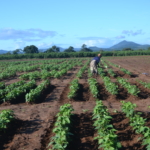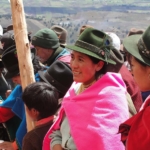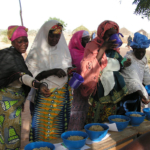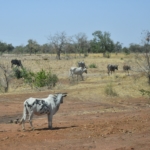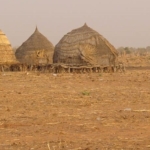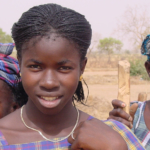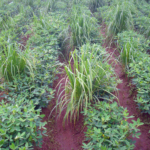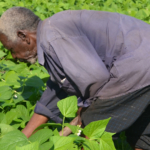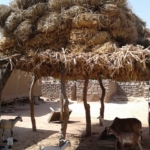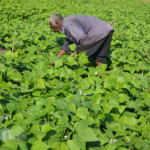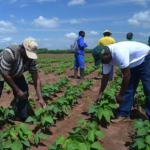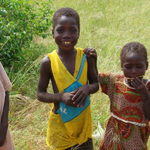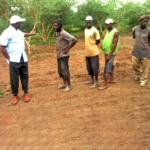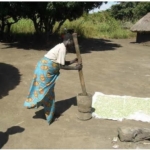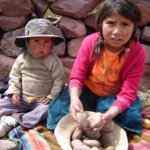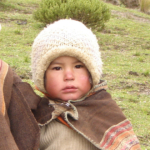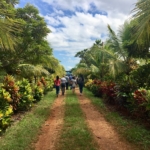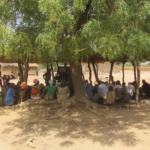


As we aspire for globally resilient food systems, we start with the principles of Agroecology as our guide. Agroecology is a science, movement, and practice that embraces different sources of knowledge; addresses biodiversity loss, soil degradation, and pollution from agriculture; and centers the livelihoods of smallholder and indigenous farmers. Agroecology is gaining momentum around the world, as evidenced by our regional and international partners and the tens of thousands of farmers we collaborate with in our communities of practice in 10 countries across the Andes, West Africa, and East and Southern Africa.
Resilient food systems advance the full principles of agroecology: they adapt to climate change, social disruption, and economic adversity; they are socially and economically inclusive; and they generate healthy and available food, lasting ecological health, and thriving local economies for all. Moreover, resilient food systems connect policies, research, and funding across local, national, regional, and international contexts—allowing McKnight and our many collaborators to have a truly unique impact.
The CRFS supports agroecological research that can be applied by farmers and communities to improve productivity, nutrition, livelihoods, equity, and rural vibrancy. Beyond these tangible impacts, many of the research principles that agroecology embodies—farmer participation and ownership in the research process, integration of global and local knowledge, cross-sector and multilateral collaboration—help strengthen societal structures. As local people build networks through CRFS projects, they help to revitalize the economy and culture of rural communities.
Supporting a transition to farming based on agroecological principles will require a new generation of farmers, thinkers, opinion leaders and researchers who see the transformative potential of agroecology, understand the technical particulars, are committed to change for greater sustainability and equity, and are connected through strong networks.
To help create the conditions needed for this new generation, the CRFS has made grants to support several agroecology hubs two of which are based at universities in the East and Southern Africa CoP (ESAf): the LUANAR AE Hub in Malawi, and the Sokoine AE Hub in Tanzania. The AE Hub based at Manor House Agricultural Centre in Kenya is focused on supporting farmers and civil society organizations that work together on agroecologicial research and action.
There is another hub within the West African CoP (WAf) based in Maradi, Niger. It represents a cluster of six CRFS-funded projects, namely Sahel-IPM, Networking-for-Seed, Cowpea Square, Productivity of Women’s Fields, Cereal-Legume Processing, and CATI-Gao. The overarching goal is to strengthen agroecological transformation related to pearl millet-based farming systems. Individual projects focus on cereal and legume seed production, biological pest control, systems diversification and soil fertility enhancement via legume and crop-tree-livestock integration, use of locally available resources as fertilizer (including sanitized human urine and more recently, also solid human waste), and processing and marketing of nutritious products derived from the primary harvest. Several projects work specifically with women. The project cluster is considered a hub since activities are centered within the Maradi-based Farmer Federation FUMA Gaskiya, i.e., the different project activities are integrated at the Federation’s level and farmers of the Federation have access to and experiment with agroecological options along the whole value chain. Partners include researchers from University of Maradi, the National Agricultural Research Institute INRAN, ICRISAT, the French Research Institute CIRAD, and the NGO RAIL, as well as farmers from the MOORIBEN farmer federation which is also based in Niger.

